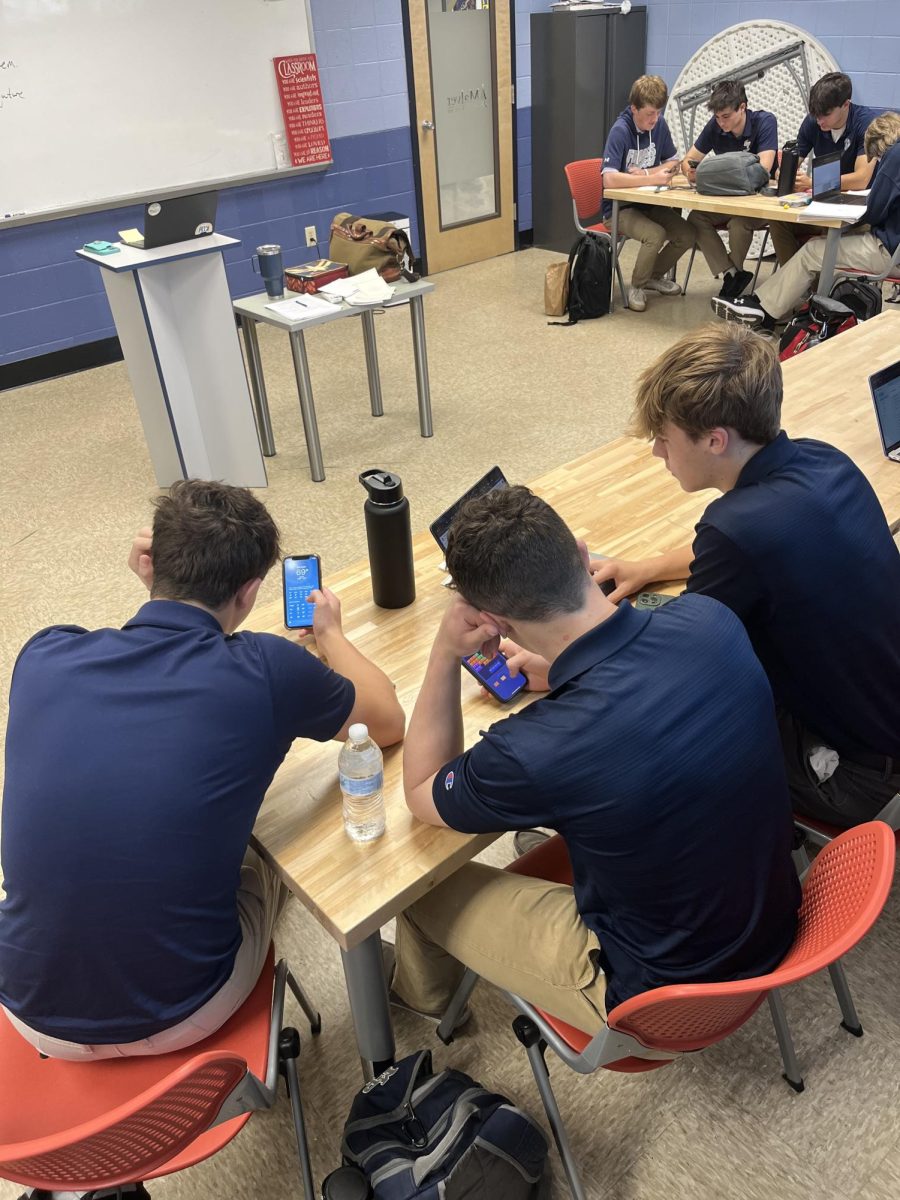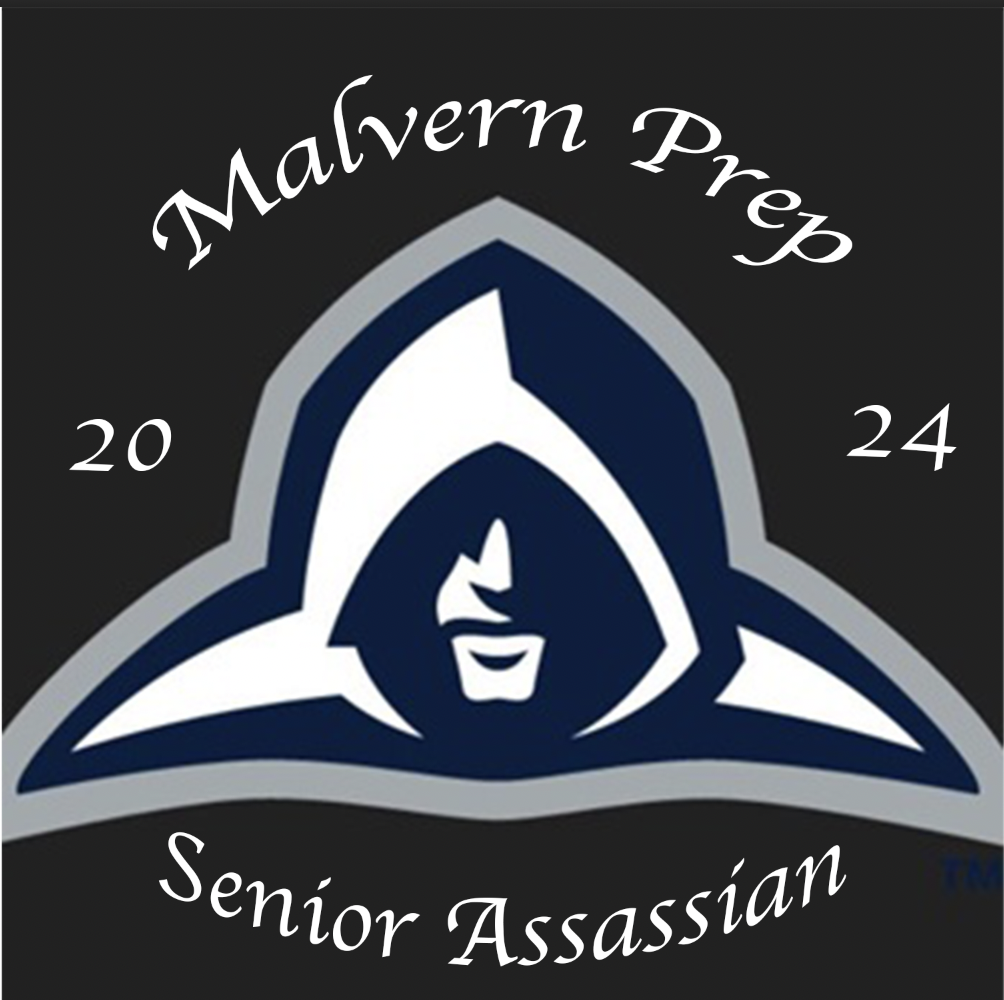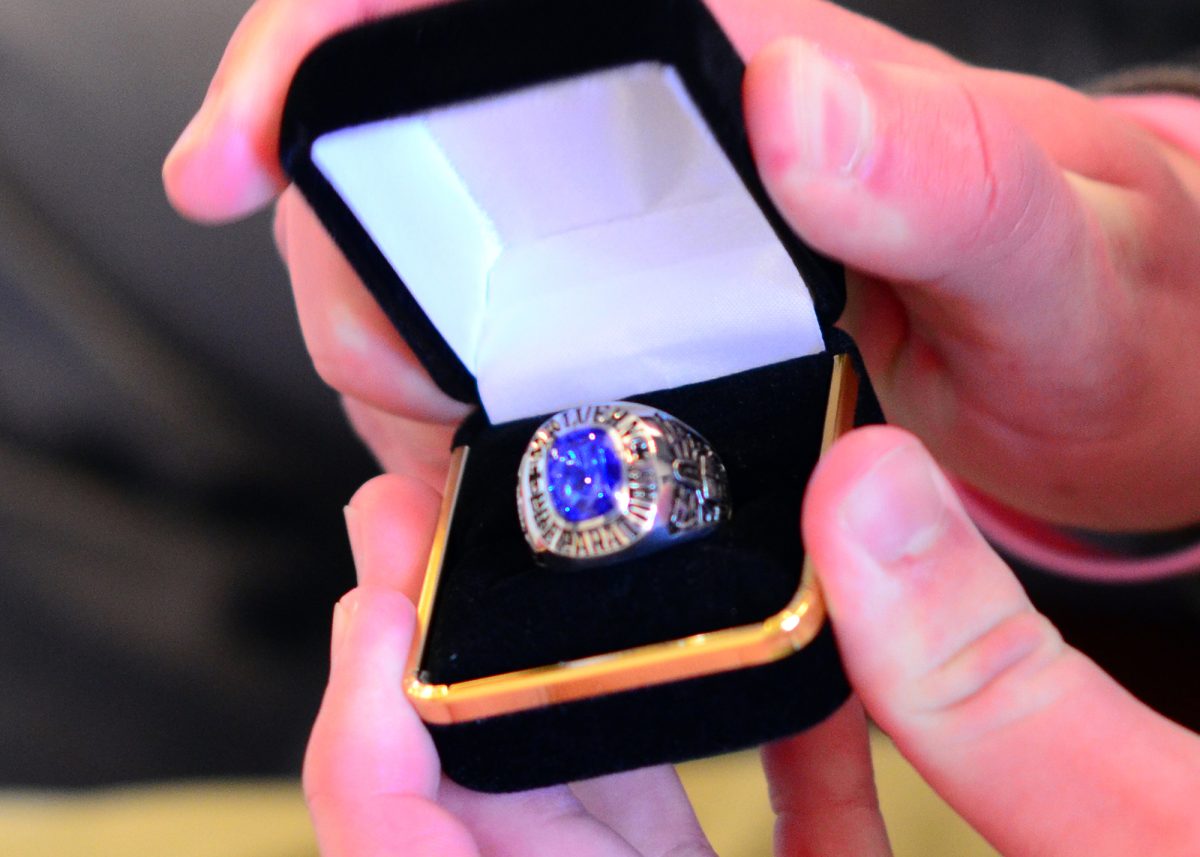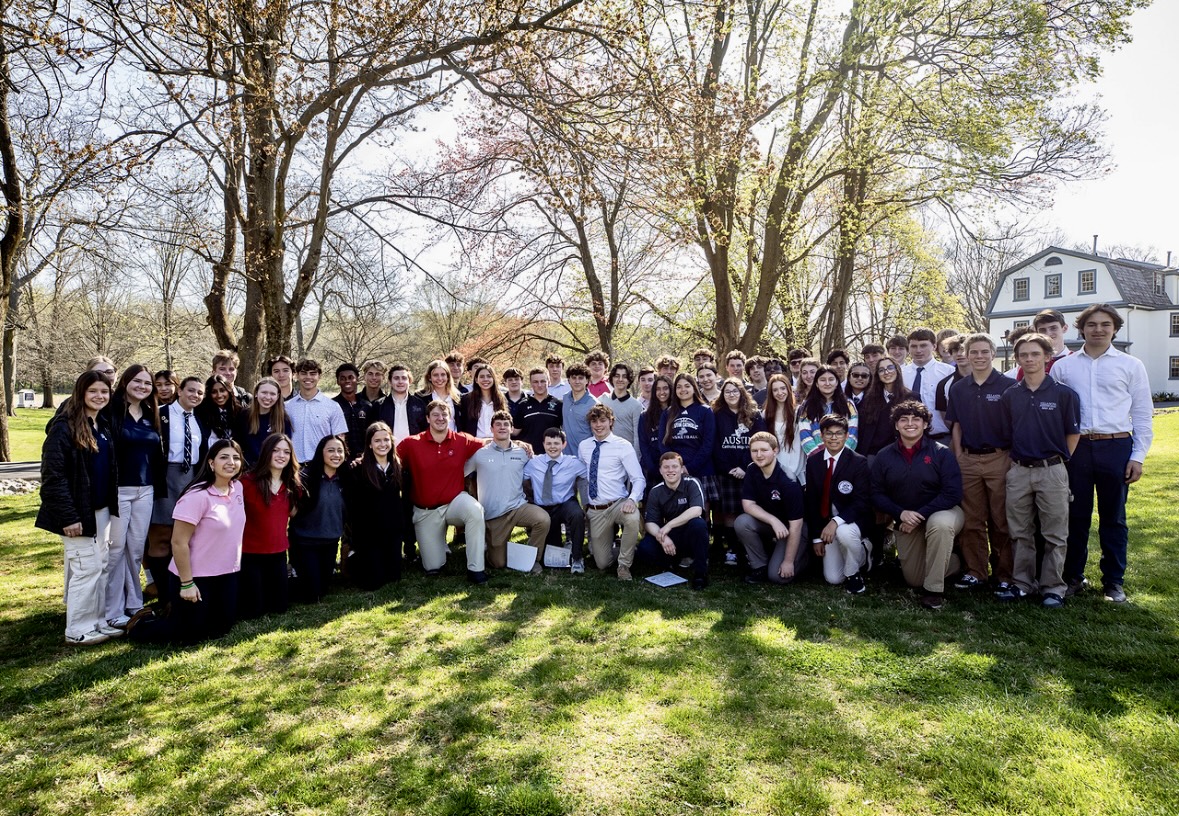Malvern’s Math Department Leader, Mr. Eric Mundy, discusses his future plans.

After nine years, Mr. Eric Mundy, who has taught middle school science and every math class except Geometry and Algebra I, is moving on from Malvern to teach at Springside-Chestnut Hill Academy.
Why did you decide to come to Malvern?
I was teaching in a small Catholic School in Secane, PA called Our Lady of Fatima, which has since closed. I taught there for three years. At the end of my third year, I sent resumes out to probably twenty different private schools in the area. I got some letters back saying they weren’t hiring, Malvern being one of them. So, I took a job downtown at a bicycle manufacturing company, and I worked there for literally one year. A week before that year was up, I got a call from Father Flynn. They desperately needed someone to teach Middle School Computer Science. I wasn’t happy at the job that I took in the city. I came up here. I met Tom Stewart, the science department chair. I met Father Flynn. I interviewed. At the end of that week, I accepted the position. I realized how much I had missed teaching, so it was an opportunity I couldn’t pass up to come up here. And I got lucky.
What do you like best about Malvern?
I would have to say that’s a tie between the faculty and the students. I’ve grown to become friends with most of the faculty here. Between faculty and staff, there’s about 80 people, and you think about if you put 80 people in a big room, I would know everybody’s name and something about their family and what they do here. I don’t think there are a lot of jobs out there where you get to know your co-workers in that context. I’ve been lucky over the last four or five years, I’ve taught students consecutively year-to-year. I’ve gotten to know students. Most teachers, you get a student for a year, then they move on — you never see them again. I’ve had repeat students for several years in a row, and that’s actually been a really rewarding experience because you get to know them for a year and the next year you come in and everyone already knows each other so you can really hit the ground running. You form almost like a friendship with the student beyond that teacher-student relationship.
Where are you going to teach at next year?
I will be headed to Springside-Chestnut Hill Academy in the Chestnut Hill section of Philadelphia.
What factors contributed to your decision to leave?
I actually wasn’t looking to leave Malvern.. The head of school [at Springside-Chestnut Hill] used to teach at Malvern. He was the Math Department Chair before I took over. We really knew how to challenge each other, and we had similar goals and objectives as far as math education was concerned. I have two young daughters. They’re not quite two yet, and Malvern is obviously an all boys school. Springside-Chestnut Hill is co-ed, and so there was an opportunity there to get a position where my daughters would be able to go to school at that school. That was huge. The third factor was that I went to Catholic school [from grade school through graduate school]. I have nothing against Catholicism or religion, in fact I’ve enjoyed teaching in that setting. But I felt as an educator, professionally I needed to try something different. Maybe I’ll be completely terrible at that. Maybe I’ll fall flat on my face. I felt at this point in my life that this was a good spot to try something different and see if maybe I’m only good at educating boys at an all-boys private, Catholic school, or if my skills are transferable.
For all future students, could you please describe how to think conceptually?
I like to learn things through storytelling. I’m a terrible memorizer. I didn’t do so well in history because I couldn’t memorize dates and places and names. But, I could always remember the general idea of why did a war develop or how did the landscape of a certain country change over time. I could understand those general themes, but not the specifics. I realized that in mathematics, that would be a positive rather than a negative. What I figured out as a student, is I would understand a minimal amount of material that could get me everything else I needed to know. [Thinking conceptually is] connecting memorized pieces of information and actual stories that build that formula [or to find out] where did that thing come from.
Any last comments?
I’ve absolutely loved my time here. It was probably the hardest decision I’ve had to make in my life up to this point— whether to stay or leave Malvern. While I’m leaving, Malvern has left an indelible mark on me that will never leave.






